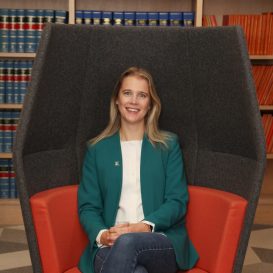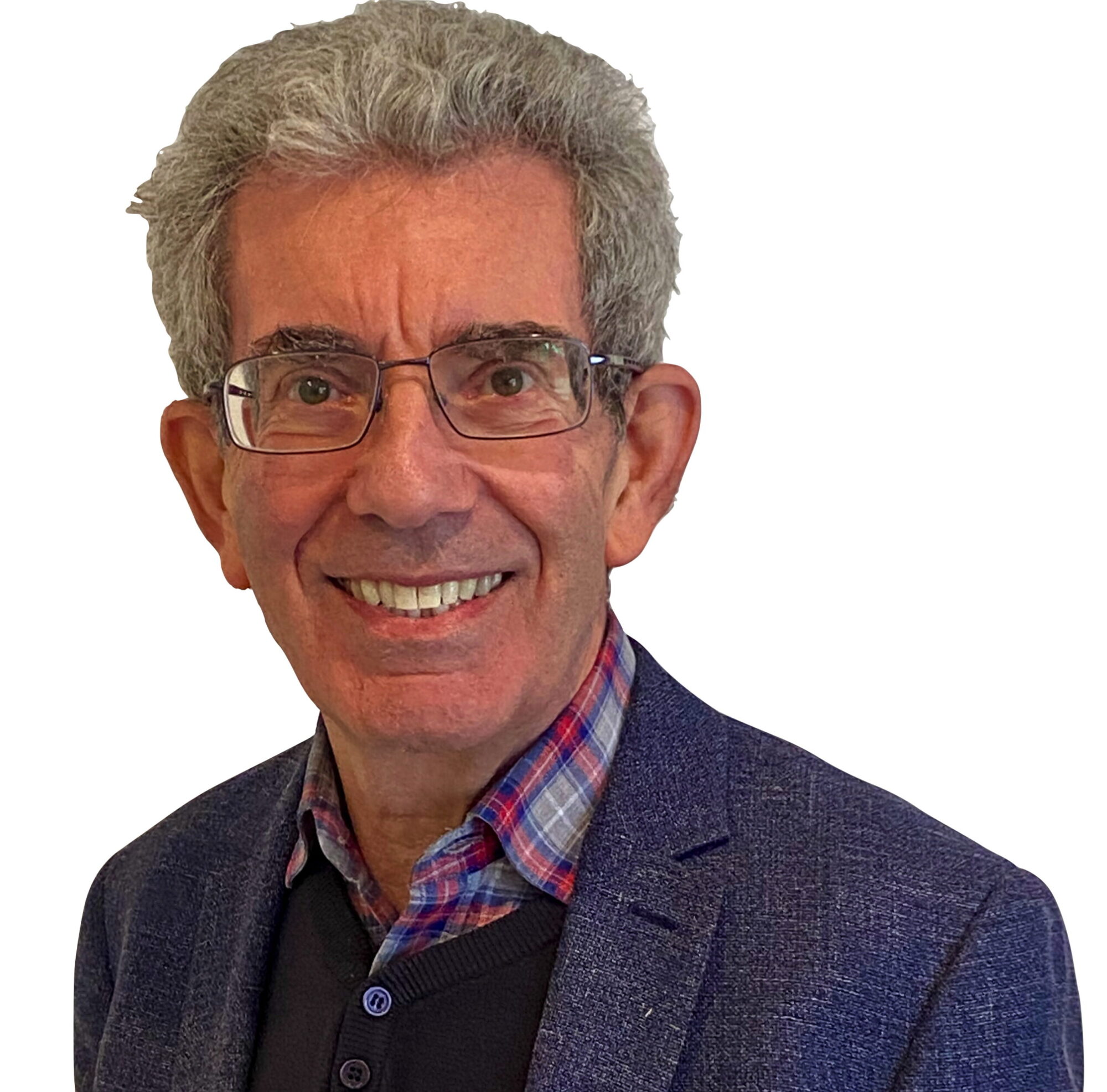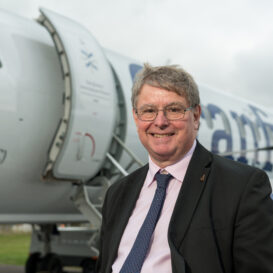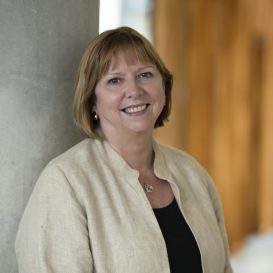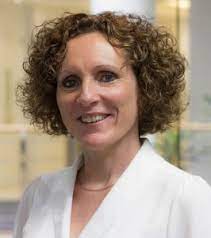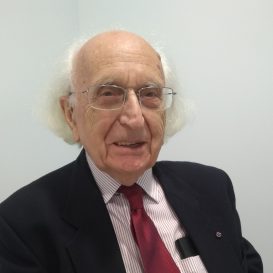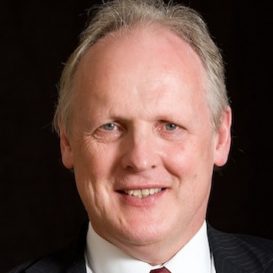
Dr Steve Furber CBE
Steve Furber was working at Acorn Computers having helped develop the BBC Micro and was searching for the follow-on product. He found that the microprocessors then on the market had a deep design flaws: they were too complex. Acorn decided to design its own microprocessor using a novel approach. Furber led the small design team. They called it the Acorn Risc Machine (ARM), later changed to the Advanced Risc Machine and it is now found in over a billion mobile devices worldwide
